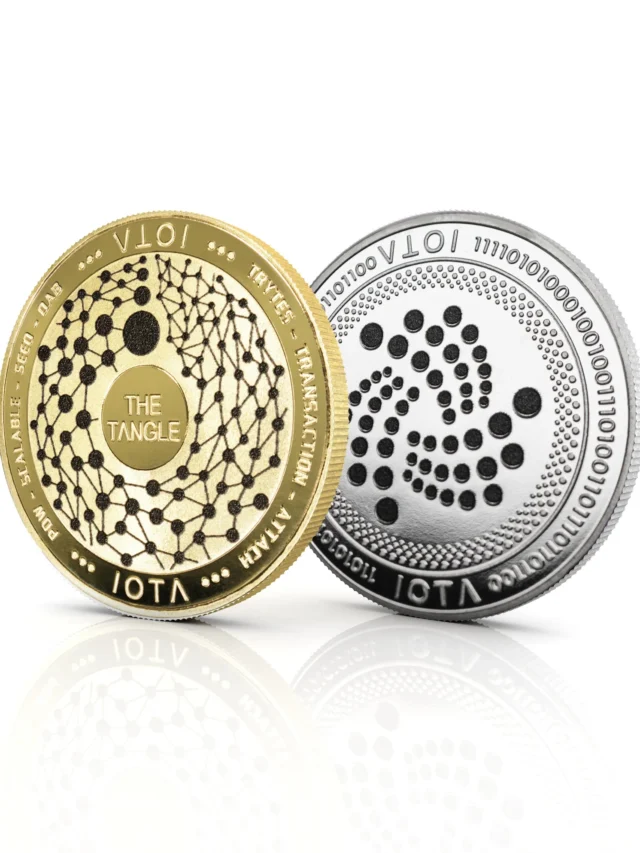
Bitcoin’s potential as an inflation hedge is a contentious issue with no clear solution. The finite quantity of 21 million bitcoins, according to supporters, functions like gold and is a conventional insurance against inflation. Because of inflation, the dollar is losing value, whereas Bitcoin may gain value because of its relative scarcity.
Critics, however, draw attention to Bitcoin’s volatility. The price of bitcoin may fluctuate greatly, sometimes even falling during moments of inflation, unlike the price of gold. Furthermore, some analysts argue that stock market fluctuations and Bitcoin prices have a stronger correlation than inflation rates.
Here is a summary of each side:
Hedge Advocates:
- Limited Supply: The amount of Bitcoin that may be created is limited, unlike fiat currencies, which helps avoid inflation from overprinting.
- Store of Value: Bitcoin’s past indicates that it has the ability to appreciate in value over time and outpace fiat currency that is subject to inflation.
- Global Accessibility: Bitcoin is cross-border and can provide a safe harbor for citizens of nations where the currency is unstable.
Hedge-fund critics:
- High Volatility: Compared to more stable investments, Bitcoin might be a riskier hedge due to its rapid price fluctuations.
- Stock Market Correlation: As opposed to necessarily representing inflation, some contend that Bitcoin’s price fluctuations resemble the stock market.
- Regulation Uncertainty: Bitcoin’s value may be adversely affected by government regulations.
What to Consider:
- Investment Horizon: Bitcoin may be too volatile if you’re searching for a short-term inflation hedge. It may be something to think about for a long-term play.
- The investment of Bitcoin carries a high level of risk. Invest only money you are willing to lose.
- Diversify your portfolio: Don’t place all of your eggs in one
Bitcoin Cash Soars After Halving, Second Life or Hype?
Ethereum Layer 2 Takes Flight: Scaling DeFi to New Heights
What is a Bitcoin?
Bitcoin is essentially a digital money. Bitcoin runs on a decentralized system called blockchain, in contrast to conventional currencies that are managed by governments. It follows that there is no central bank and that all transactions are openly documented on a public ledger.
Is it legal to use Bitcoin?
Each nation has a different position on bitcoin law. Certain nations accept it as a valid form of payment, while others place limitations or outright bans on it.
How is Bitcoin’s value determined?
A number of variables, including supply and demand, market mood, legislative changes, and macroeconomic patterns, affect the value of bitcoin.





















